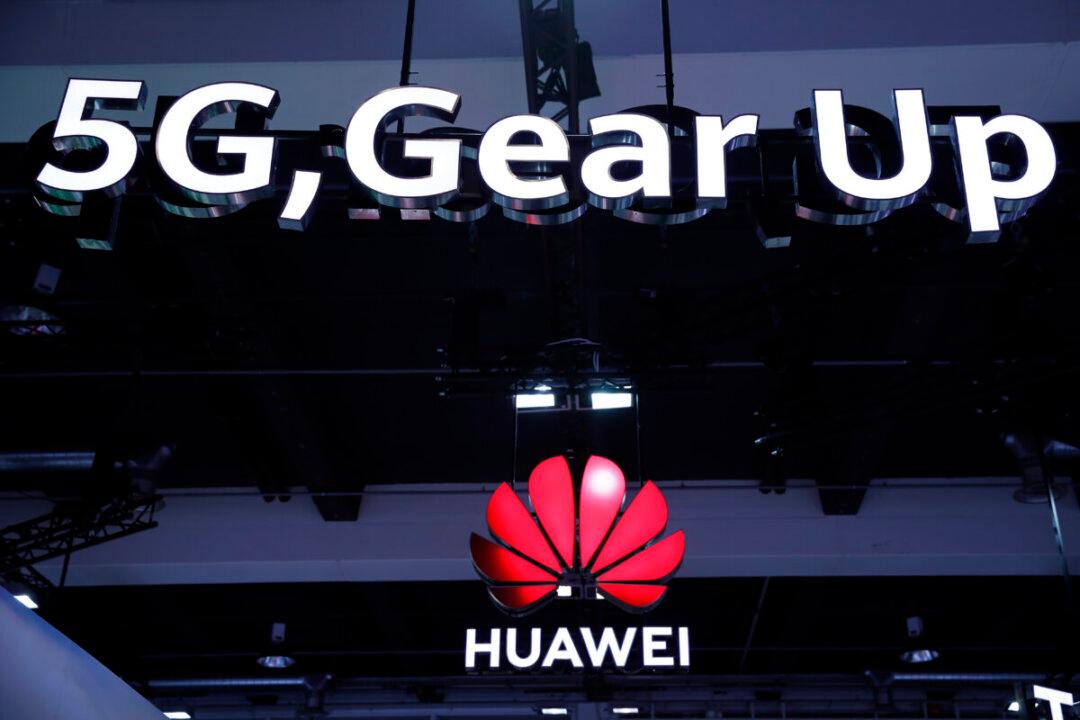Despite increased tariffs and technology export controls on China that the prior administration instituted, and that continue under the Biden administration, China outmaneuvered the United States by expanding technology exports to Europe, according to a new study. China keeps its trade levels high through predatory practices, and by diverting exports to low-tariff markets. The United States, European Union, Britain, and Asian allies, including Japan, South Korea, India, Vietnam, and Taiwan, are China’s top export destinations. They have the opportunity to unify their collective purchasing powers to defend their economies and technologies. To maintain the resilience of their own markets and collective high-tech supply chains, they should increase tariffs against China and harmonize them with each other to keep Chinese imports from eroding their industries. Export prohibitions of sensitive technologies should be increased against the totalitarian and militarily aggressive country.

Huawei and 5G signs on display during the 10th Global Mobile Broadband Forum hosted by Chinese tech giant Huawei in Zurich, Switzerland, on Oct. 15, 2019. Stefan Wermuth/AFP via Getty Images
|Updated:
Commentary
Anders Corr has a bachelor’s/master’s in political science from Yale University (2001) and a doctorate in government from Harvard University (2008). He is a principal at Corr Analytics Inc. and publisher of the Journal of Political Risk, and has conducted extensive research in North America, Europe, and Asia. His latest books are “The Concentration of Power: Institutionalization, Hierarchy, and Hegemony” (2021) and “Great Powers, Grand Strategies: the New Game in the South China Sea” (2018).
Author’s Selected Articles




